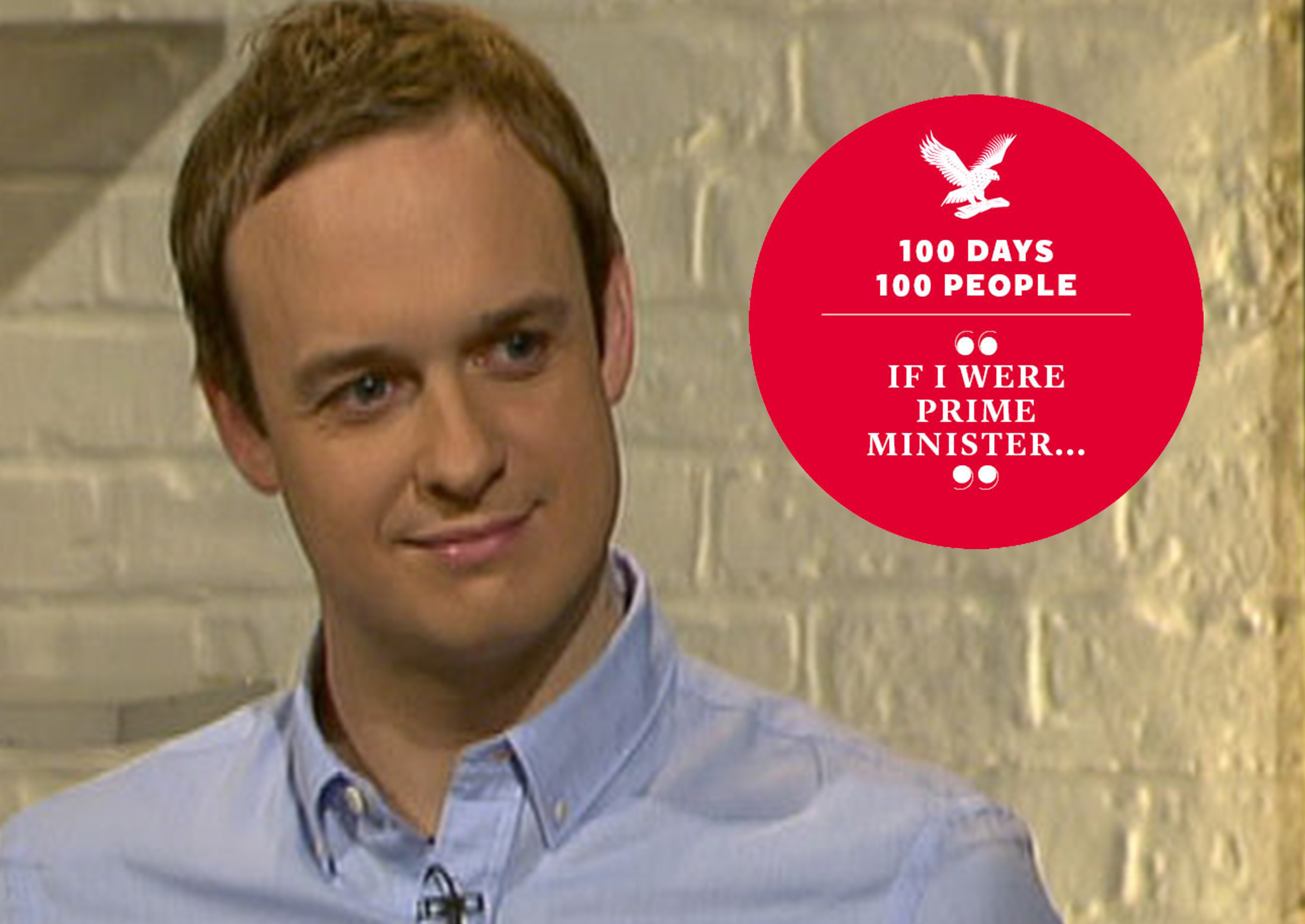If I were Prime Minister: None of our football clubs would be dominated by greedy directors
Our series in the run-up to the General Election – 100 days, 100 contributors, but no politicians – continues with The Independent's Chief Football Correspondent

Your support helps us to tell the story
From reproductive rights to climate change to Big Tech, The Independent is on the ground when the story is developing. Whether it's investigating the financials of Elon Musk's pro-Trump PAC or producing our latest documentary, 'The A Word', which shines a light on the American women fighting for reproductive rights, we know how important it is to parse out the facts from the messaging.
At such a critical moment in US history, we need reporters on the ground. Your donation allows us to keep sending journalists to speak to both sides of the story.
The Independent is trusted by Americans across the entire political spectrum. And unlike many other quality news outlets, we choose not to lock Americans out of our reporting and analysis with paywalls. We believe quality journalism should be available to everyone, paid for by those who can afford it.
Your support makes all the difference.There would be a lot to get through first. But after I had taxed absentee home ownership until Londoners could afford a home in the city in which they live, work, and pay taxes; sorted out the gross iniquities created by private education and diversified the economy away from financial services, the expectation would clearly be that, as a former football reporter, I’d have to do something about football.
There is a paragraph in the Football Association rules from 1899 – rule 34 - that protected the ownership of football clubs. It is still there now. It was drawn up to protect clubs from greedy directors and asset strippers. It allowed clubs to form limited companies but it prevented directors from being paid, it limited the dividends to shareholders and was a bulwark against grounds being sold off.
The football journalist and author David Conn identifies the circumnavigation of this rule as a critical moment in the history of our game. In 1983, Irving Scholar, the chairman of Tottenham Hotspur floated the club on the stock market, or rather they floated a holding company on the stock market that owned the club in its entirety. The feeble FA, whose 100-year rules clearly needed updating, singularly failed to defend the principle and the door was opened.
More than 30 years on, our clubs are owned by venture capitalists, oil sheikhs and billionaires. In some instances, their investment in infrastructure and players has been very welcome. The leveraged buyout of Manchester United by the American family, the Glazers, on the hand, is utterly despised for the amount it has cost the club – more than £700m and counting, in interest payments, legal fees and bank charges.
My modest proposal would be to encourage investment but limit it along the lines of the Bundesliga model in Germany. The rule there is that all clubs must be 51 per cent member-owned by the fans. While it is not a perfect system – clubs still go bust, Bayern Munich’s financial power has stifled rivals like Borussia Dortmund - there can be no doubt that the stake fans feel they have in their clubs in Germany is much more significant. Tickets prices are, crucially, much lower.
Everywhere I travel to report, fans talk about the way in which so many of our clubs – in many cities the last vestiges of our industrial past – have been taken from the communities they serve and subject to varying degrees of maladministration, debt-loading and general pisspoor management. The fans pick up the bill. They always do – and for no stake in the club. As prime minister I would humbly suggest that has to stop.
Join our commenting forum
Join thought-provoking conversations, follow other Independent readers and see their replies
Comments